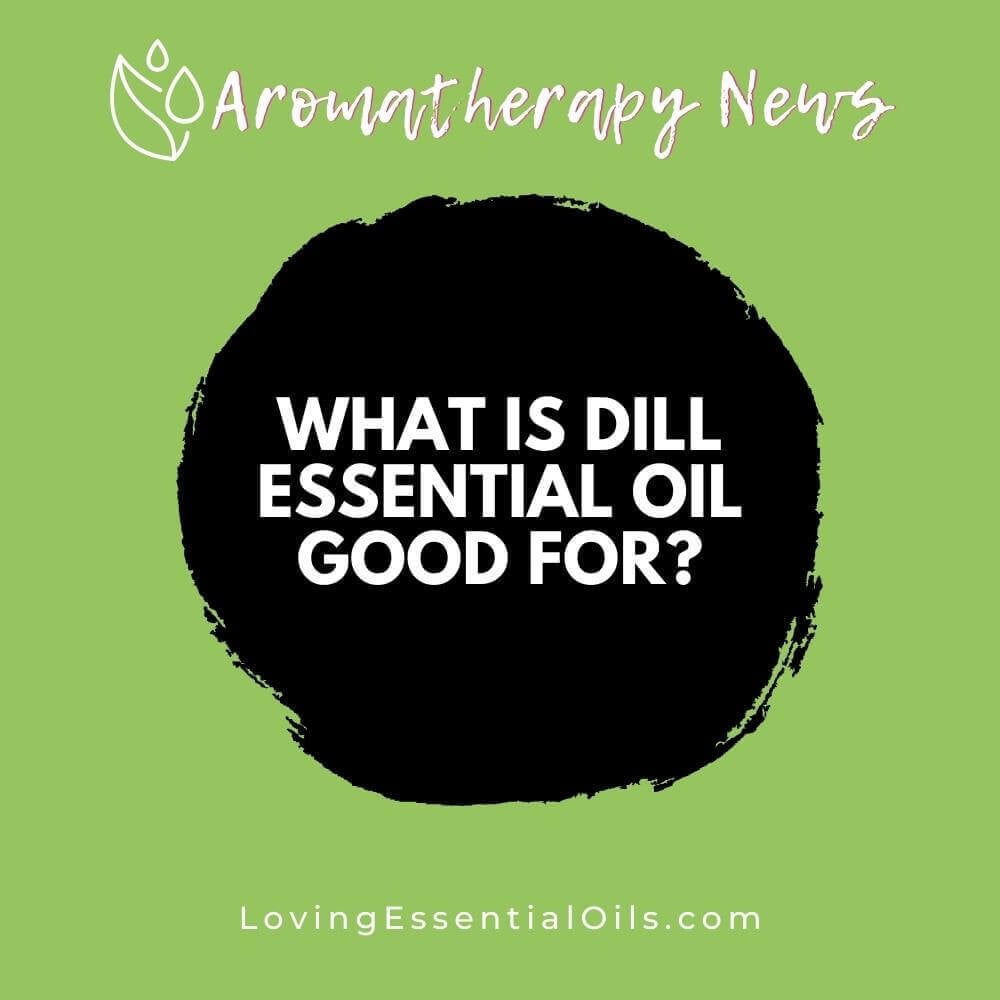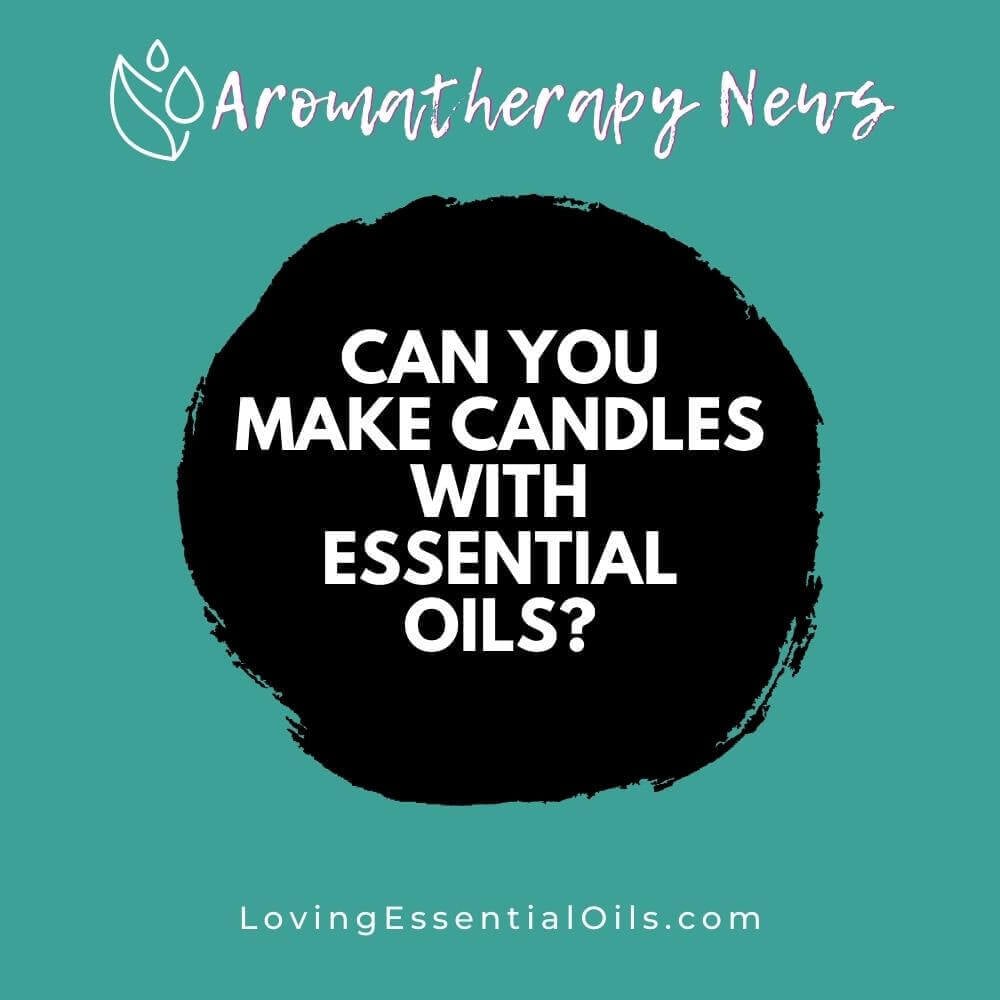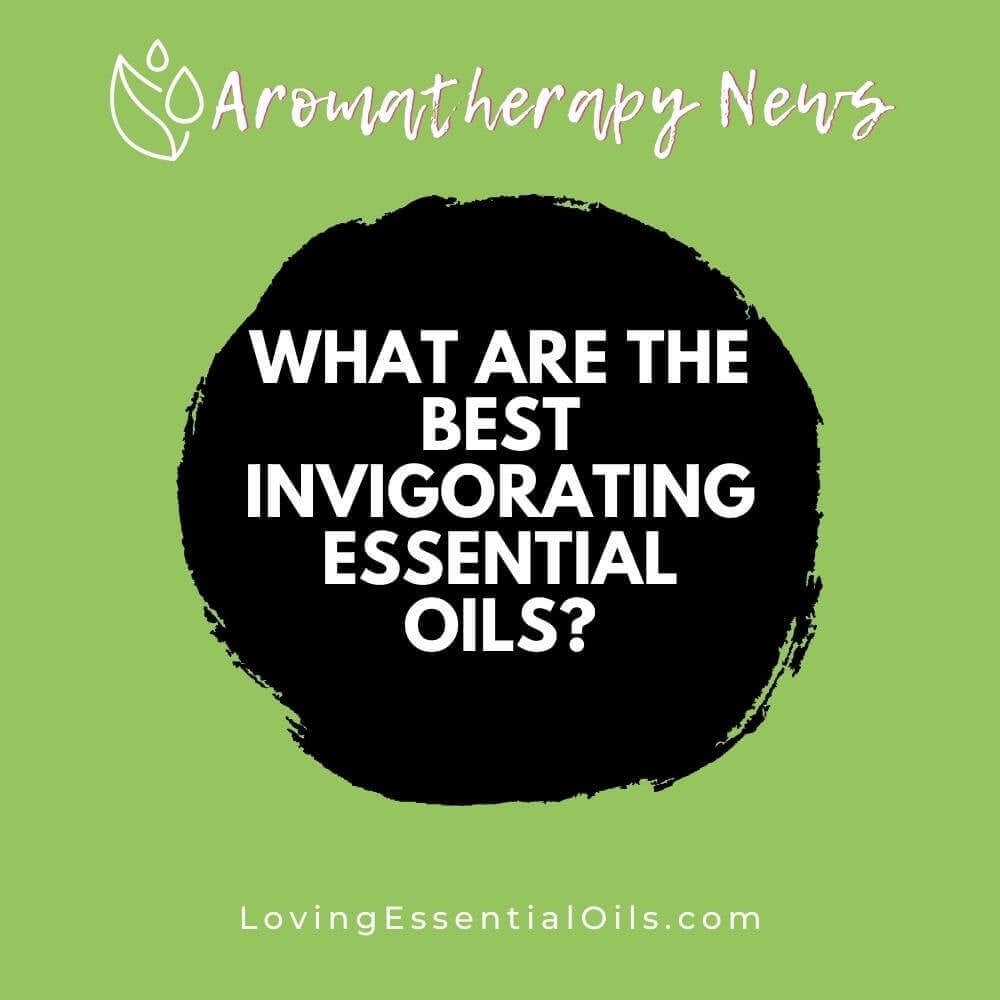Though it is not as popular as some other essential oils, dill essential oil has a number of uses and benefits that make it worth considering for your next aromatherapy session. It blends well with other oils, making it a versatile addition to your collection. In this blog post, we'll explore some of the uses and benefits of dill essential oil.
What is Dill Essential Oil?
Dill essential oil is extracted from the seeds of the Dill plant, also known as Anethum graveolens. This perennial herb is native to southwestern Asia but is now found throughout Europe and North America.
Dill plants can grow up to two feet tall and have blue-green leaves that are finely divided. The plant produces small yellow flowers that turn into oval fruits called "dill seed." It is these dill seeds that are used to produce dill essential oil.
What does dill essential oil smell like?
Dill essential oil has a sweet, slightly spicy smell that is reminiscent of anise or caraway. The oil can be used in a diffuser or in diluted form for topical application. When used in aromatherapy, dill essential oil is believed to provide calming and grounding effects.
What is Dill Essential Oil Good For?
With its unique aroma and its ability to help with a variety of ailments, dill essential oil is a popular choice for those looking for natural remedies. From helping to reduce inflammation and alleviating digestive discomfort to providing relief from headaches and stress, dill essential oil has a wide array of potential applications.
Dill essential oil emotional benefits include:
- Mobilizes stagnant and repressed emotions
- Promotes a profound awareness of possibilities
- Facilitates rebalancing of emotions
Get our Dill Diffuser Blends!

Dill Essential Oil Benefits
1. Calmative and Relaxant
Dill oil is an excellent calming and relaxing agent. Its sedative properties make it a popular choice for promoting peaceful sleep, reducing stress and anxiety, and calming the nerves.
It can also be used to help relieve muscle tension and spasms, making it a great oil to use in massage therapy. Dill essential oil is also known to promote digestion and reduce inflammation, making it beneficial for digestive health.
2. Digestive aid and Gut Health
Dill essential oil is a great option for those looking to improve gut health and digestive aid. It is known to reduce inflammation in the digestive tract and supports healthy bacteria. For stomachaches associated with nervous conditions, dill oil calms emotions so digestion can take place.
Dill oil can be used topically to reduce nausea, bloating and gas, and it can help stimulate the appetite. It's also known to reduce acid reflux and heartburn.
3. Natural Antibacterial and Antiseptic
Dill essential oil is most well-known for its natural antibacterial and antiseptic properties. This makes it the perfect natural remedy for a range of ailments, from skin conditions to colds and flus.
Dilute it with a carrier oil and apply it to the skin to assist with skin infections, acne and other skin conditions. You can also add a few drops to a diffuser or add it to your bath to help clear the air, help with respiratory issues, and boost your immune system.
4. Antifungal Properties
Dill essential oil has antifungal properties that can help to control the growth of certain fungi and bacteria. This makes it a great choice for assisting with a variety of fungal infections such as ringworm, athlete’s foot, and yeast infections. The antifungal effects of the oil can also help to reduce inflammation and itching caused by these infections.
Additionally, dill essential oil can be used to treat skin conditions such as acne, psoriasis, and eczema. The antifungal properties of the oil also make it a useful ingredient in natural household cleaning products, as it can help to control the growth of molds and mildews.
5. Natural Insect Repellent
Dill essential oil has many uses, and one of the most popular is as a natural insect repellent. In fact, it has been found to be more effective than DEET, a chemical insect repellent commonly used in commercial products.
To use it as an insect repellent, dilute the essential oil in a carrier oil such as olive or almond oil, and apply it to the skin. It can also be used to deter insects from entering your home by adding a few drops to a diffuser.
In addition, some studies have suggested dill essential oil may help treat conditions associated with insect bites, such as itching and swelling.
Dill Essential Oil Uses
Dill essential oil may not be as popular as some other oils, but it certainly has its uses.
Here are a few ideas:
- Add a few drops of dill essential oil to your diffuser with Lavender or Bergamot oil for a relaxing aroma.
- Mix dill with eucalyptus and lemon oil to use in chest congestion blends.
- Mix a few drops of dill essential oil with fractionated coconut oil and massage into your temples and back of neck for a headache remedy.
- Make a room spray by adding 20 drops of dill essential oil to 1/4 cup of water in a spray bottle. Mist this around your home for a fresh smell.
From creating a relaxing atmosphere to assisting with insect repellent, dill essential oil can be a valuable addition to your collection.
Final Thoughts on Dill Essential Oil Uses and Benefits
In conclusion, dill essential oil can be a great addition to your health and wellness routine. It can be used to relieve digestive issues, reduce inflammation, and to relax the body and mind. It can also be used as an antibacterial and antifungal agent.
When using dill essential oil, it is important to remember to dilute it in a carrier oil and to test for any allergies before using it. With these precautions, dill essential oil can be a great asset to your health.





